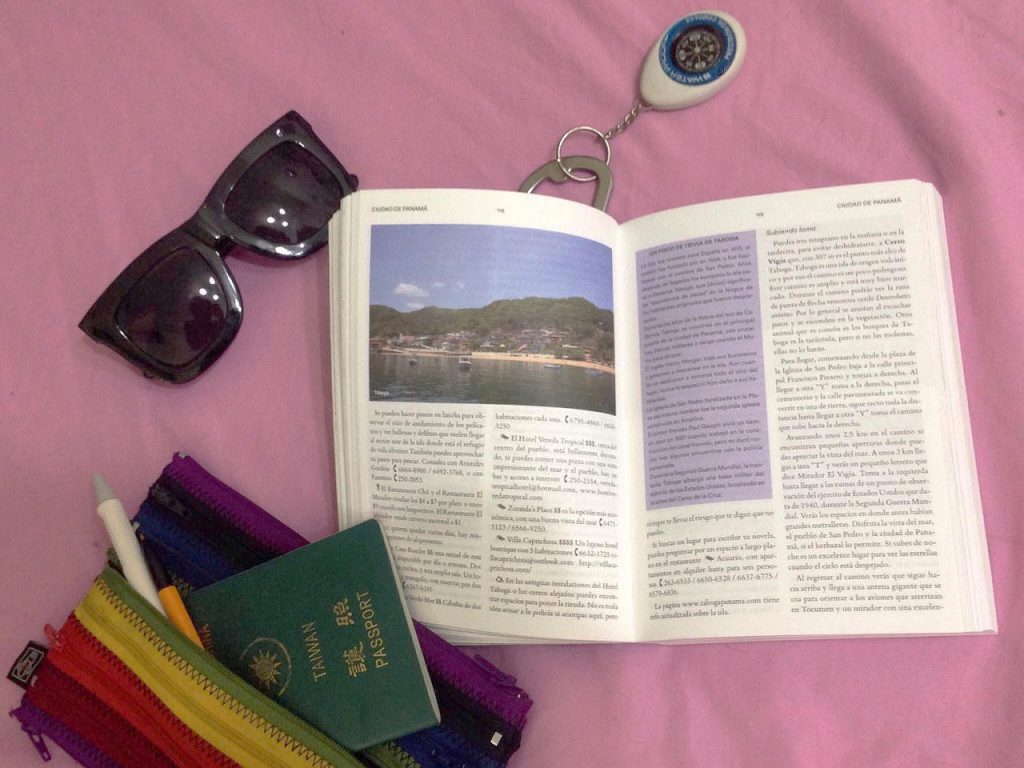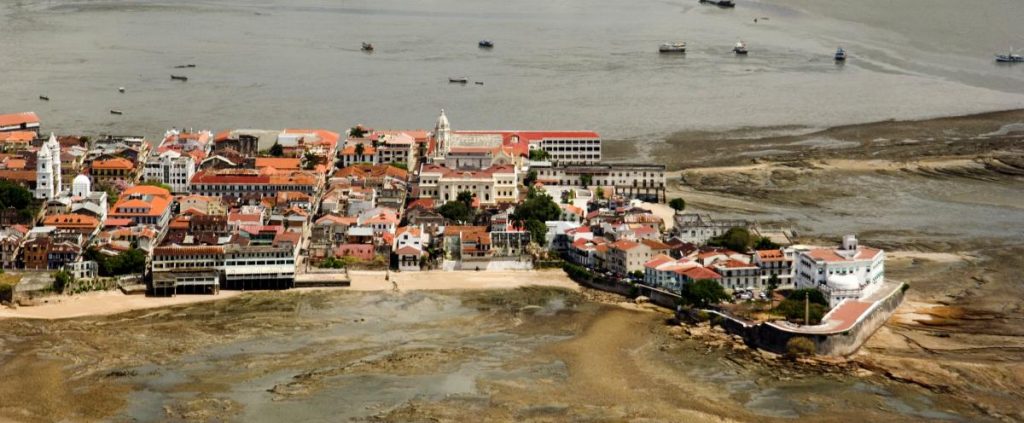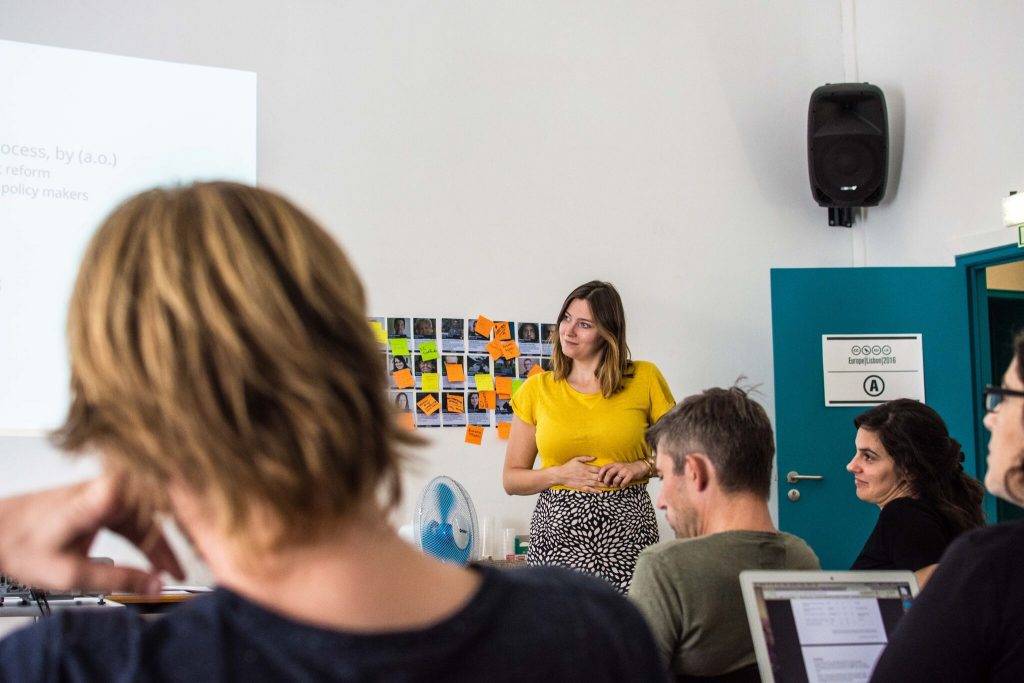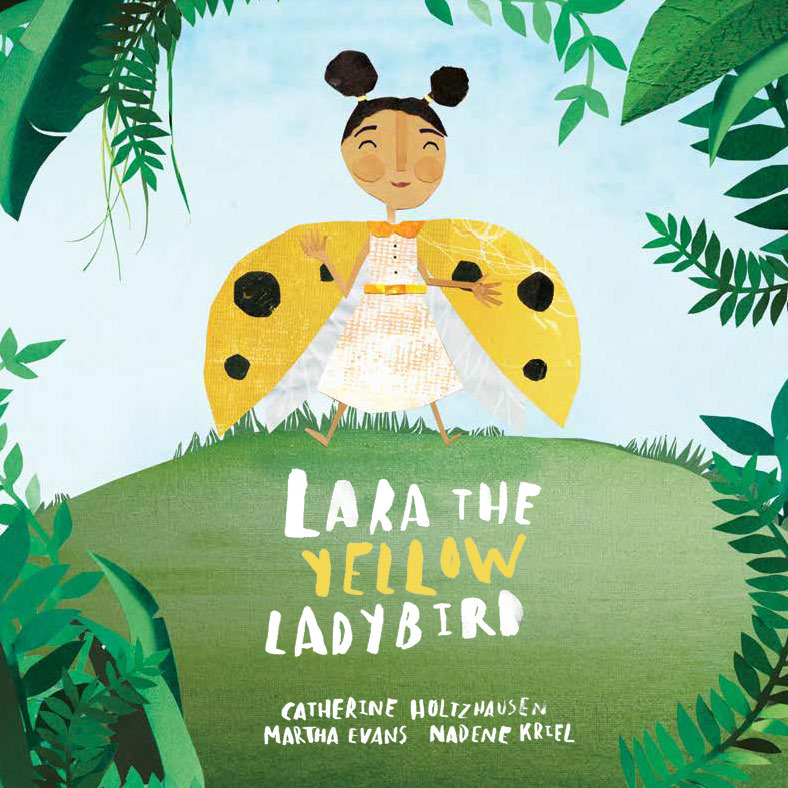Almanaque Azul: a Panamanian travel guide licensed under CC
lundi 10 avril 2017 à 20:06
Almanaque Azul is a group of Panamanian environmentalists, artists, and explorers that began the process of creating a travel guide for the beaches of the Republic of Panama in 2005 through a blog that chronicled the amazing cultural and natural diversity of various small towns and deserted beaches.

Over the years, dozens of volunteers reported from along the Caribbean Sea and Pacific Ocean coasts of this thin Central American isthmus, otherwise known for the Canal that goes through it (though more recently for the “Panama Papers” leak of documents related to corporate tax-avoidance!)
The images and reports from volunteers were carefully edited into the Almanaque Azul website, which quickly became a popular point of reference for local travellers. The website was published under the Spanish port of the CC BY-NC-SA 2.5 licence. The scope of Almanaque Azul gradually became more activist, as large-scale tourism development and a booming real estate market for coastal land drove people off the land and caused environmental destruction throughout the country. We started promoting a more sustainable community and nature based tourism, which was being largely ignored by the market and regulatory agencies.
In 2009 the Almanaque Azul team began work on compiling the research done by the volunteers over the years into a book. We decided to go beyond the coasts and to cover the entire country, including rivers, mountains and inland towns. The result was the first edition of the Almanaque Azul Panama Travel Guide, a 432-page book published in Spanish in 2013 under a CC BY-NC-SA 3.0 unported license, with a print run of 2500 copies. We did our own, very limited distribution but even then we sold out in less than two years and the book became somewhat of a cult object.
By then we were already working on the second edition, which we just published last March. This time, we collected $20,000 from a crowdfunding campaign, which we used to print 6000 copies. The book grew to 560 pages and the license used was a 4.0 international license. More than 100 people contributed research, text, photographs, and illustrations for this edition. We have learned a lot about distribution, marketing and inventory control as well, so we expect to do much better on the economic side of publishing this edition.
We also published an e-book version of the first edition, which we sold on Amazon, under the same license and with no copy-protection.
We used almost entirely free software tools for both editions. The first one was laid out using Scribus, for the second edition we used LaTeX, which turned out to be the perfect choice for a book this large and complex. We had to invest some money in developing a LaTeX class with the book specs, which we plan to release but still haven’t decided whether to use a BY NC-SA, a BY-SA, or just an attribution license.
Using Creative Commons licenses is a natural choice for us, especially since it is a collaborative project where we want the information to spread as far and wide as possible, where everyone should be able to use, remix and republish the content. We felt it would be only fair to restrict commercial reuse, which also made it easier for some people to agree to contribute material.
We did publish some of the pictures from our volunteers and contributors on a different project, La Mochila, intended to support science education in Panama. Since we added all of those images to Wikimedia Commons, we used a CC Attribution-Share Alike License, which required us to do a bit of convincing of the institutions that contributed images, and the Creative Commons Panama Chapter team helped us.
You can check our original website (which is offline at the moment) on the Internet Archive. The book’s promotional website is here.

The post Almanaque Azul: a Panamanian travel guide licensed under CC appeared first on Creative Commons.





